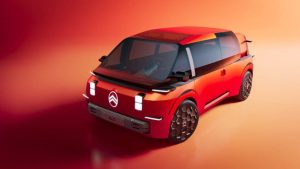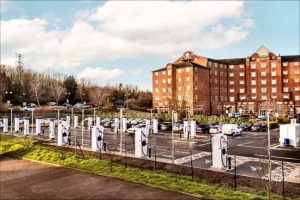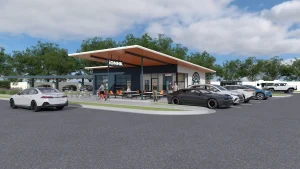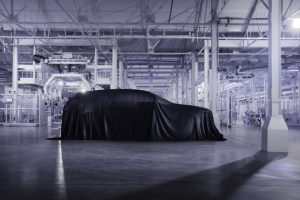Ford announced plans to launch at least five new electric models over the next few years as the automaker ramps up its EV strategy. The lineup includes a compact pickup truck, family hatchback, and three-row SUV – all designed to make electric vehicles more affordable for mainstream buyers.
The company’s electric expansion begins with a mid-sized pickup truck scheduled for 2027. The four-door model will start at $30,000 and target budget-conscious buyers currently considering vehicles like the Slate Truck.
Ford CEO Jim Farley compared the initiative’s significance to the original Model T launch. He emphasized the company’s commitment to building affordable EVs without sacrificing features or technology.
New Platform Powers Ford’s EV Push
All five models will use Ford’s new Universal EV Platform. The automaker is investing $2 billion in its Louisville, Kentucky plant to manufacture these vehicles, plus another $3 billion in the BlueOval Battery Park in Michigan.
The lead vehicle – the compact pickup – promises Mustang EcoBoost-level acceleration and more passenger space than a Toyota RAV4. Ford says it’ll deliver “affordable, high-quality electric vehicles within reach for millions around the world.”
Following the pickup truck, Ford plans to roll out a five-seat SUV, cargo van, family hatchback, and full-size three-row SUV.
Revolutionary Assembly Process
Ford’s Universal EV Production System breaks from traditional assembly line methods. Instead of one long production line, the system uses three parallel lines in an “assembly tree” configuration.
Front and rear sections get assembled on independent lines using gigacasting techniques. These sections then connect to the structural battery component, which already includes much of the cabin and interior.
The new process uses 40% fewer workstations and runs 15% faster than conventional assembly methods. The platform also reduces total parts count by 20% compared to typical vehicles.
Ford’s vehicles will use lithium-ion phosphate (LFP) batteries instead of more expensive NMC batteries that rely on rare earth metals. The company plans to manufacture these batteries entirely at its Michigan facility rather than importing from China.
“We took a radical approach to a very hard challenge: Create affordable vehicles that delight customers in every way that matters – design, innovation, flexibility, space, driving pleasure, and cost of ownership – and do it with American workers,” Farley said.
The CEO acknowledged Detroit automakers’ previous struggles with affordable vehicle production. He noted that Ford empowered a small development team outside Detroit and completely redesigned the assembly process to ensure profitability from launch.
Farley described Ford as the first automaker to produce prismatic LFP batteries domestically. While the vehicles will be manufactured in Kentucky, the company hinted at global distribution with Farley’s reference to going “from Kentucky to the world.”





